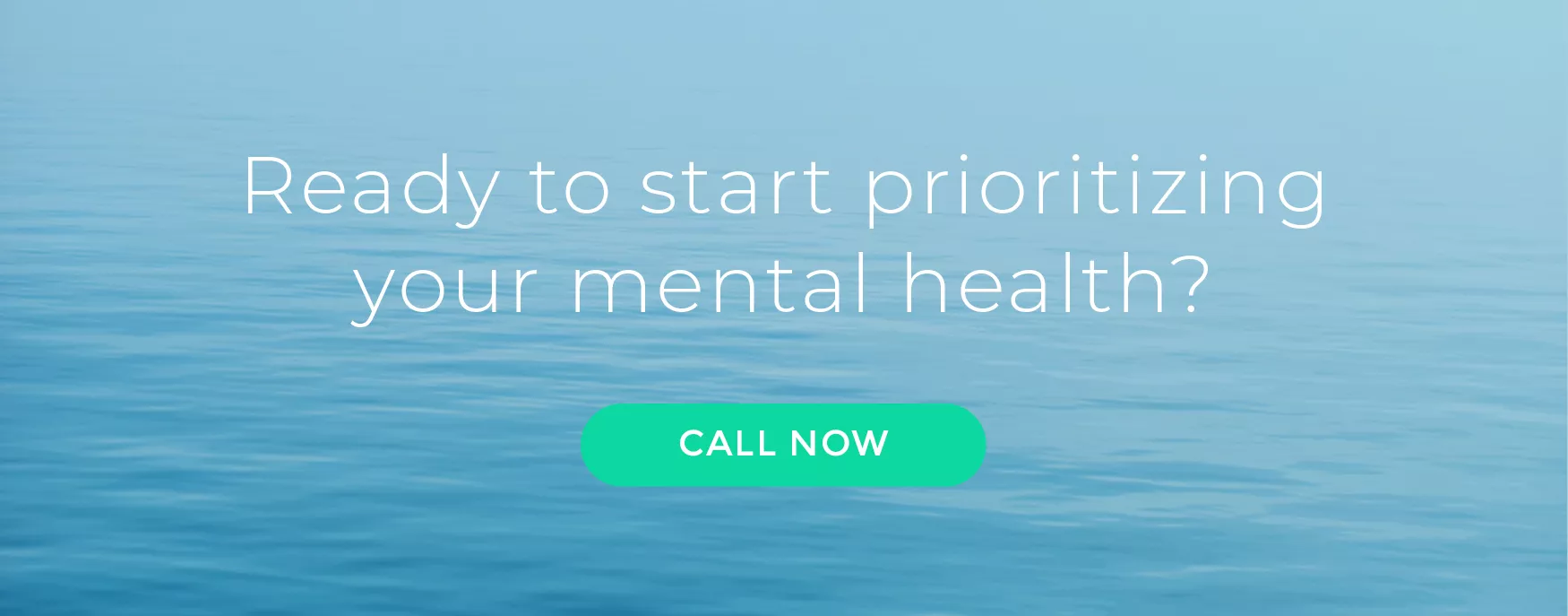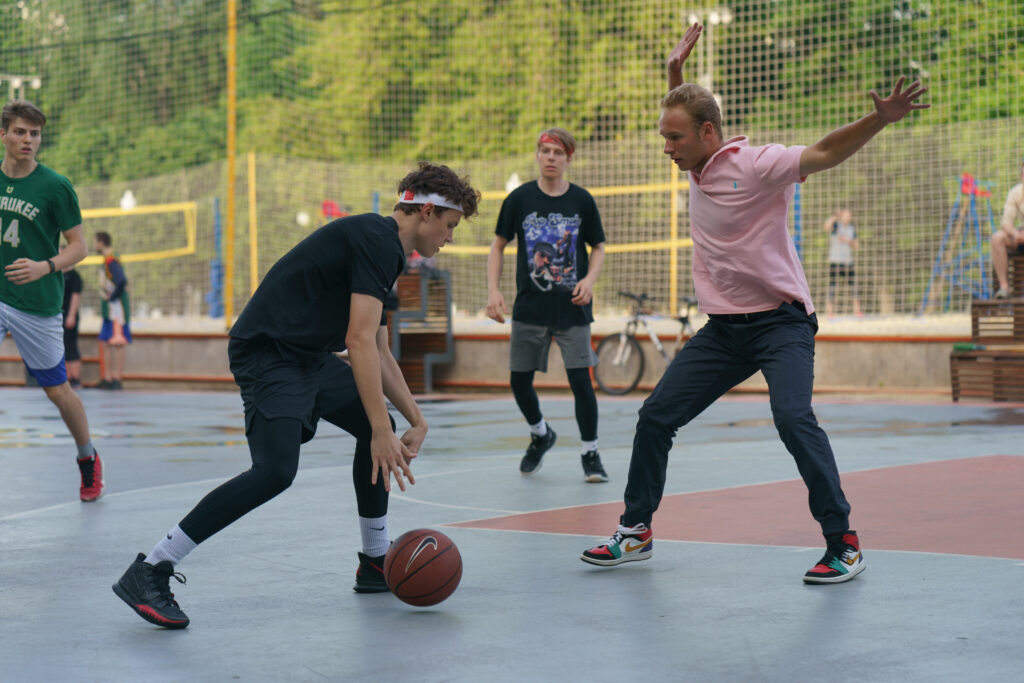Recreational Therapy
Contents
What is Recreational Therapy
Recreational therapy, also known as therapeutic recreation, is a type of treatment that uses leisure and recreational activities to improve physical, cognitive, and emotional well-being. It is often used to help individuals with disabilities, illnesses, or injuries improve their overall quality of life, increase independence, and reduce stress and anxiety. As a treatment modality offered by mental health and wellness treatment centers, such as Amend Treatment, recreational therapy plays a crucial role in promoting the health and healing of clients. By incorporating leisure and recreational activities into the treatment process, therapeutic recreation provides clients with a comprehensive and holistic approach to mental health and wellness.How Recreational Therapy Works
The goal of recreational therapy is to promote health and healing by using activities that are enjoyable and engaging. These activities are designed to meet the unique needs and interests of each client, and are aimed at improving their physical, cognitive, and emotional functioning, increasing their self-esteem and confidence, and developing new social skills and relationships. Recreational therapy incorporates a variety of activities that are designed to meet the unique needs and interests of each client. Some of the activities used in therapeutic recreation include sports, games, arts and crafts, music therapy, and nature therapy. These activities provide clients with a safe and supportive environment to engage in leisure and recreational activities that promote their mental health and wellness.The Five Domains of Recreational Therapy
The five domains of recreational therapy are used to evaluate the impact of leisure and recreational activities on an individual’s overall well-being. The five domains of recreational therapy are:- Physical
- Social
- Emotional
- Cognitive
- Spiritual
Differences between Recreational Therapy and Physical Therapy
Physical therapy is a type of medical treatment that focuses on improving physical function and mobility. It is often used to help individuals recover from injuries or surgeries and manage chronic conditions such as arthritis or back pain. While both recreational therapy and physical therapy aim to improve physical functioning, there are key differences between the two. Physical therapy is more focused on rehabilitation and recovery from injury or illness, while therapeutic recreation takes a holistic approach to improving overall health and well-being. Physical therapy is typically more structured and goal-oriented, while therapeutic recreation allows for more flexibility and creativity in the activities used. Additionally, recreational therapy addresses not only physical functioning, but also social, emotional, cognitive, and spiritual well-being, making it a more comprehensive approach to treatment.Treating Depression and Anxiety with Recreational Therapy
Recreational therapy can be an effective treatment option for individuals struggling with depression and anxiety. By participating in enjoyable and engaging activities, clients are able to reduce stress and anxiety and improve their overall mood. Additionally, therapeutic recreation can help improve self-esteem and confidence, which can have a positive impact on depression and anxiety symptoms. In addition to treating depression and anxiety, recreational therapy offers numerous benefits for mental health. By participating in leisure and recreational activities, clients are able to improve their physical, cognitive, and emotional functioning, increase their self-esteem and confidence, and develop new social skills and relationships. These benefits can have a lasting impact on an individual’s overall mental health and well-being, making recreational therapy a valuable treatment option.
The Benefits of Recreational Therapy for Mental Health
Recreational therapy offers numerous benefits for mental health:- Improved physical, cognitive, and emotional functioning
- Increased self-esteem and confidence
- The development of new social skills and relationships
Is Recreational Therapy Right for You?
Recreational therapy can be beneficial for a wide range of individuals, including those with disabilities, illnesses, or injuries, as well as those struggling with depression, anxiety, or other mental health conditions. It is also beneficial for individuals looking to improve their overall health and well-being. To determine if therapeutic recreation is the right treatment option, it is important to consider your personal needs and goals. If you are looking to improve your physical, cognitive, and emotional functioning, increase your self-esteem and confidence, and develop new social skills and relationships, then therapeutic recreation may be a good fit for you. It is also important to discuss your treatment options with a mental health professional to determine if recreational therapy is the best choice for your individual needs and goals.Recreational Therapy at Amend Treatment
Recreational therapy is a valuable treatment option for individuals looking to improve their physical, cognitive, and emotional functioning, increase their self-esteem and confidence, and develop new social skills and relationships. It offers numerous benefits for mental health and can be an effective treatment option for individuals struggling with depression and anxiety. At Amend Treatment, recreational therapy is a crucial component of a comprehensive approach to mental health and wellness treatment. By incorporating leisure and recreational activities into the treatment process, individuals are able to receive a holistic and effective approach to their mental health and well-being. It is important to consider therapeutic recreation as a treatment option and discuss it with a mental health professional to determine if it is the right fit for your individual needs and goals. Contact us today to learn more.


